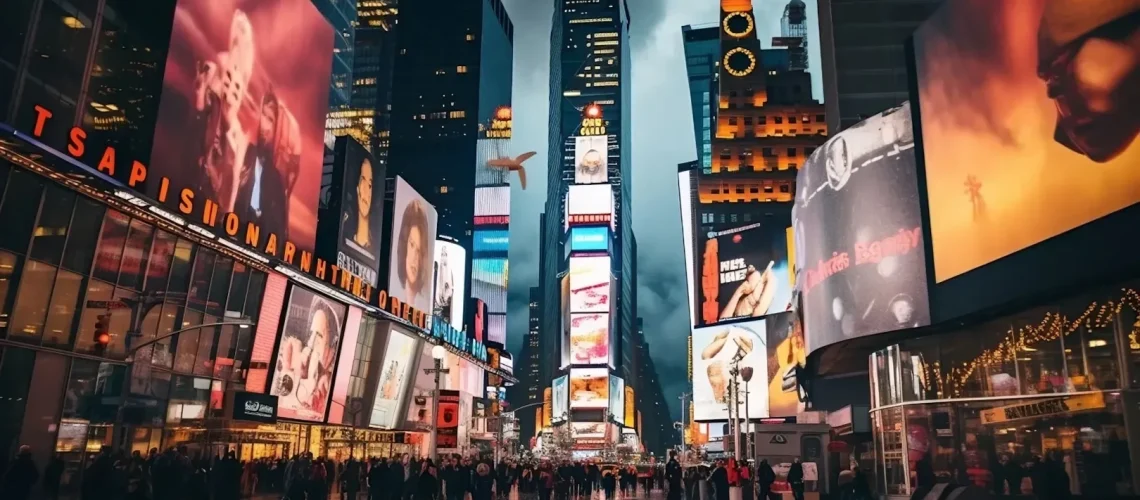The Internet of Things is changing cities around the world. It’s a network of devices, sensors, and systems that work together to make urban areas more efficient and connected. The United Arab Emirates is leading the way in smart city innovation, showing a strong dedication to technological progress. With initiatives like the Dubai Smart City Strategy and Abu Dhabi’s Masdar City, the UAE is using IoT solutions to build sustainable and intelligent urban spaces.
In UAE cities, advanced technologies are transforming everyday life. Smart traffic management systems reduce congestion, intelligent building controls optimize energy consumption, and automated waste management enhances environmental sustainability. These innovations create a seamless urban experience where technology serves as an invisible facilitator of improved living standards.
The use of IoT in UAE’s city development represents an ambitious vision for the future – where technology meets human needs to create cities that are not just smart, but also responsive to their residents’ requirements.
Understanding Smart Cities
A smart city uses digital technologies and data analysis to improve urban services, make infrastructure more efficient, and enhance the quality of life for residents. These innovative urban areas use advanced sensors, automated systems, and artificial intelligence to create environments that respond to the needs of citizens in real-time.
The Role of Technology in Sustainable Urban Environments
Technological integration is crucial for building sustainable cities. The smart city projects in the UAE showcase how integrated technology can lead to more livable, efficient, and environmentally friendly urban areas.
The Role of IoT in UAE’s Smart City Initiatives
The UAE’s smart city transformation uses IoT technology to create an interconnected urban ecosystem. Advanced sensors and devices collect real-time data across Dubai and Abu Dhabi, enabling immediate responses to urban challenges. These smart systems monitor traffic patterns, air quality, energy consumption, and waste management, creating a responsive urban environment.
Dubai’s Smart Dubai Initiative: Intelligent Lighting Systems
Dubai’s Smart Dubai initiative showcases innovative IoT applications through intelligent lighting systems. These smart streetlights automatically adjust brightness based on ambient conditions and pedestrian presence, reducing energy consumption by up to 80%. The system also includes environmental sensors that track air quality and noise levels, providing valuable data for urban planning decisions.
Dubai Electricity and Water Authority: Smart Grid Network
The Dubai Electricity and Water Authority demonstrates the power of interconnected urban systems through its smart grid network. This sophisticated infrastructure uses IoT sensors to monitor electricity distribution, detect faults, and optimize power delivery. The smart grid enables automated meter reading, real-time consumption tracking, and dynamic load balancing, resulting in improved energy efficiency across the city.
Abu Dhabi’s Masdar City: Transportation Network
Abu Dhabi’s Masdar City utilizes IoT technology in its transportation network. Autonomous vehicles equipped with sensors communicate with traffic infrastructure, optimizing routes and reducing congestion. This integration extends to parking systems, where IoT sensors guide drivers to available spaces, minimizing time spent searching and reducing emissions.
Challenges Facing Smart City Development in the UAE
The rapid integration of IoT technologies in the UAE’s smart cities brings exciting opportunities — but also significant challenges that require careful consideration. Alongside hardware and data systems, elements like web design and web development play an important role in ensuring smart city platforms are secure, accessible, and user-friendly for all residents.
Data Security Concerns
Data security remains a critical issue in the smart city landscape. With millions of interconnected devices, potential vulnerabilities to cyberattacks increase. The vast amount of personal data collected through smart systems demands robust protection strategies, from encrypted networks to secure user interfaces. Effective web development ensures portals and dashboards handling citizen data meet high standards of safety, while intuitive web design makes privacy settings and permissions clear and easy to manage.
Digital Inclusion Issues
Digital inclusion is another pressing challenge for UAE smart cities. While rapid technological advancement drives urban growth, ensuring equal access for all socio-economic groups is essential. Some residents may lack the skills or resources to fully participate in these initiatives, creating a digital divide. Accessible web design, combined with thoughtful web development, helps bridge this gap by creating intuitive platforms, multilingual content, and responsive layouts that support people of all ages and abilities.
Infrastructure Scalability Challenges
As UAE cities expand, infrastructure scalability presents technical hurdles. IoT networks must adapt to increasing population demands while maintaining optimal performance. This requires expanding sensor systems, upgrading communication infrastructure, and enhancing data-processing capacity. Digital interfaces — from mobile apps to web portals — must also scale smoothly. Strong web development practices, such as modular architecture and cloud-based solutions, enable smart city platforms to grow without disrupting essential services, while well-planned web design keeps interfaces simple and efficient even as systems become more complex.
Conclusion
The UAE’s smart city vision showcases how IoT technologies can transform urban living. Yet the success of these initiatives depends not only on advanced infrastructure but also on human-centered design and reliable coding practices. By combining cutting-edge IoT solutions with secure, inclusive web design and high-quality web development, the UAE can build sustainable, efficient, and people-focused cities.
Moving forward, continued innovation, community engagement, and sustainable planning will be vital. As the UAE leads in smart city solutions, integrating IoT with thoughtful web technologies will ensure urban spaces meet today’s needs while addressing the challenges of tomorrow — setting an inspiring example for cities worldwide.





